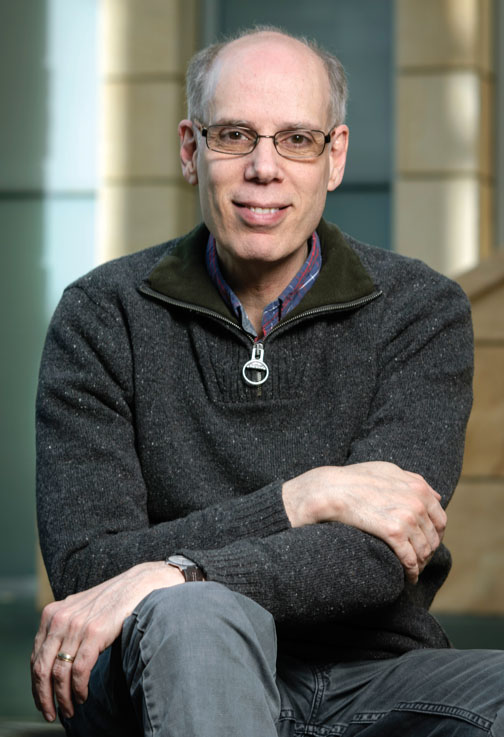Joel Slemrod ’73, on reforming the tax code
Joel Slemrod ’73 is the Paul W. McCracken Collegiate Professor of Business Economics and Public Policy at the Stephen M. Ross School of Business at the University of Michigan, and the chairman of the university’s economics department. The co-author (with Leonard E. Burman) of “Taxes in America: What Everyone Needs to Know,” Slemrod won the National Tax Association’s most prestigious award, for lifetime contributions to the study and practice of public finance. He spoke with PAW in advance of the tax deadline this month.
Is our tax system fair? What does “fair” mean when we’re talking about taxes?
“Fair” is a question better left to philosophers and ethicists and theologians. The word means different things to different people. My idea is that economists can lay out a menu of appropriate policies when given — from somewhere else — what the social view of fairness is. That “somewhere else” isn’t a panel of ethicists and theologians. It’s the political system, I think, which suggests how important Americans consider some version of fairness.
Is there a tax proposal out there that would boost the economy?
I believe that comprehensive tax reform would be good for the economy. I can’t promise that it would be a silver bullet for growth, but it would make the economy better because it would reduce the extent to which the tax system induces individuals and businesses to do things just because there are tax advantages, and to avoid things just because of their especially high tax burden. For the most part, you’d like the tax system to stay out of those decisions and let individuals and businesses make those decisions on a pre-tax basis.
How much of our tax policy benefits the middle class?
A lot of the tax breaks do help the middle class. Employer-provided health insurance is one. There are also very large tax preferences for owner-occupied houses, which predominantly go to the middle class. So one reason tax rates have to stay as high as they are is that some of these breaks go to broad swaths of the middle class, so they are very expensive.
Is the mortgage-interest deduction a sacred cow? Would removing it be a terrible blow to the economy?
I don’t think it would be disastrous. Doing so would allow us to put a dent in the deficit or take the money and lower tax rates all around. In the short run it would provide a boost to all assets other than housing, but it would be a damper on the housing market for sure. This is one of the problems with tax reform: There tend to be winners and losers in the short run — the losers always scream louder, and you don’t hear the applause of the winners. But we managed to overcome this in 1986, our last big tax reform, when there were winners and losers, and I think the politicians were, for the most part, pretty frank with the American public. And it passed.
Is there a meaningful difference between raising revenue by lowering rates and closing loopholes?
There is a real difference in the sense that if you broaden the base — getting rid of loopholes — in a clever way, you’re actually doing good for the economy. If you eliminate tax preferences for activities for which there’s no good argument, that is a good thing for the economy. If you do the base-broadening intelligently, it’s better for the economy than changing the rates.
You recently told The Washington Post that we need to get serious about reducing the deficit, and that will mean raising taxes in a significant way.
I do think that. We have a very large long-term fiscal imbalance. The promises we’ve made to ourselves in the form of Social Security and particularly Medicare vastly exceed the taxes we have in place to finance these, and I think that soon, maybe very soon, we need to start getting our fiscal house in order. That would entail a combination of collecting more taxes and cutting these expenditure programs. You’re right: The tax part is going to be a significant part of it. You can’t get it all from [taxing] the very rich. The tax increase will have to come in part from people with less income than that.
— Interview conducted and condensed by Merrell Noden ’78













No responses yet